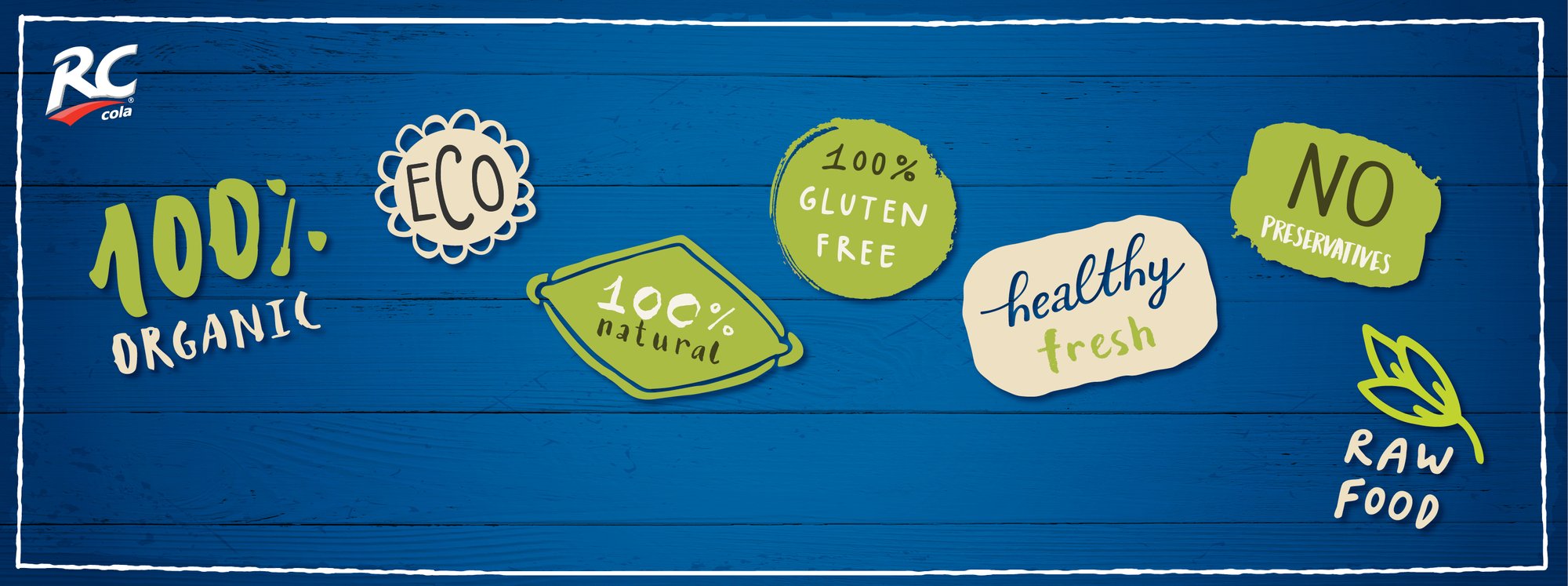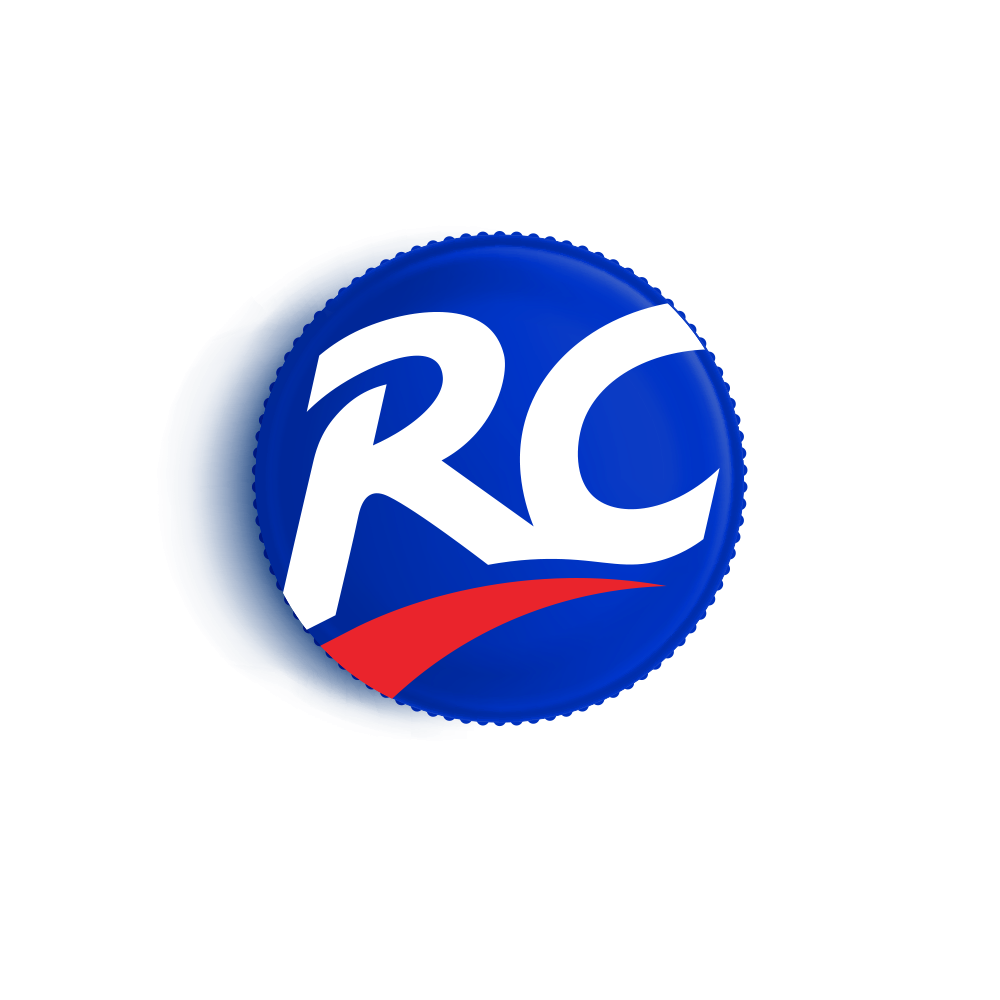Today’s consumers want to know what is in their drinks. Increasingly, they are invested in making responsible, conscious food and beverage choices, and they are interested in understanding the components of the products they buy. Many consumers are actively seeking out healthy options, and products that have natural flavors and colors are becoming the top of the list.
According to research data from Innova Market Insights, 50 percent of American, German, and British consumers regularly read lists of ingredients (see DrinkTec). Millennials in particular are paying more attention to what’s printed on the labels of their beverage products and are willing to pay higher prices for clean label products - even if they cost more.
Clean Label Defined
Clean label has become so common in certain countries, including Germany and the UK, that it has ceased to be a selling point. Rather, according to Austria Juice, it’s viewed as a consumer expectation. Technically speaking, the term (1) refers to the number of ingredients in a beverage and their countries of origin, (2) includes warnings about hot-button ingredients, such as sodium and sugar, and (3) is geared toward consumers who avoid preservatives and synthetic additives.
In clean-label beverages, natural replaces artificial. According to Restaurant Business, consumer preference for natural ingredients is up by 80 percent since 2015. Stevia and agave, for example, are clean label substitutes for artificial sweeteners (as well as helping reduce sugar intake) – while turmeric, beets, carrots, and spirulina replace artificial food colors, and tartaric acid and lemon juice concentrate replace citric acid (E330).
Not Just about Health and Wellness
The concept of clean label also relates to the ethical platform of a brand. According to Consumer Goods, the clean label concept includes not only natural and organic ingredients, but also respect for transparency of the entire supply chain, non-GMO, “free from” (i.e. free from certain allergens), fair trade, and locally grown produce.
The environmental question is also part of this movement, as clean label beverages leave a smaller ecological footprint. The term indicates products that are socially responsible, and that address questions such as sustainability, ingredient sourcing, fair labor and manufacturing practices, animal welfare, and pollution.
The New Look
The shift toward clean label beverages is reflected in new branding, as consumers look for products that are visibly identifiable as falling within the clean label category. Beyond the ingredients, part of being clean label relates to a product’s packaging and design; how it looks and the way it is marketed. Clean label beverages need to be bottled and marketed in ways that convey that they are healthy alternatives.
For example, due to health concerns regarding packaging containing bisphenol-A (BPA), clean label products use packaging in BPA-free containers. Moreover, the design of products that are clean label should be simpler, primarily focused on conveying practical information, rather than marketing slogans and glitzy designs. Clean label options allow beverage developers to connect with their consumers and share more information about their products.
Better ROI for Clean Label Beverages
The sale of clean label beverages keeps rising compared to the sale of traditional beverage products. Consumer Goods points out that, demographically speaking, it is the millennial generation that is driving this shift.
How are millennials having such a significant impact on the beverage industry? Born between 1981 and 1996, there were approximately 102M millennials living in Europe in 2017, roughly 20% of the population. Today, they are in their active years, with money to spend – and because they are a tech-savvy generation, they are accustomed to having information at their fingertips. They are more interested in looking up ingredients, comparing products, and checking out product reviews to identify which options are nutritious.
Millennials also tend to be open to novelty and less loyal to brands. As a result, according to a survey by Ingredients Network, brand recognition has become less important to consumers rather than whether or not a product has natural labels. Beverages perceived as having greater transparency in terms of their ingredients and a greater degree of naturalness have become more attractive, while beverages with a longer list of ingredients are losing sales.
Good or Bad for Beverage Developers?
So how is the growing interest in clean label impacting the work of beverage developers? Let’s start by looking at some of the challenges.
On the one hand, beverage developers are finding themselves pushed to integrate more natural, label-compliant alternatives. Sometimes, these ingredients are pricey, causing increased expense in the production process and a potential loss in terms of profits. On the other hand, the issue is not financial but rather is related to beverage taste, texture, color, longevity, or other aspects of the product. Natural alternatives can be hard to incorporate into existing beverage products without having a noticeable impact.
Capitalizing on a Real Opportunity
Companies that are more flexible are meeting the challenge of clean labels by reformulating their beverage products to adapt to the shift. As pointed out by Restaurant Business, drink products that used Red 40 dye for its bright red color, for example, are being reformulated using strawberry or beet juice to appeal to a clean label audience. Similarly, restaurants can benefit if they adjust their recipes and offer milkshakes, malts, and smoothies made with natural coloring.
Manufacturers who are fully embracing the clean label concept are reaping the benefits. By adding new products to their product lines that increase health benefits and have cleaner labels, beverage developers and producers are seeing the highest returns.
RC Cola’s Neo is an example of a new product designed to meet the growing demand for natural labels and clean label beverage products. Made with natural flavors, natural caffeine and a combination of natural cane sugar and stevia, RC Cola Neo has half the calories of other colas and attracts those consumers who want clean labels and low-calorie products.
Clean Label Beverages: It’s All About Innovation
Contemporary beverage consumers are looking for products that promote self-care and meet their expectations for well-being. They want beverages that are all-natural, avoiding preservatives and synthetic additives, and that reflect their ethical and environmental beliefs.
All of this is reflected in the continued growth of clean label beverages, which are changing consumer buying habits (particularly, the habits of millennials) and raising the price they are willing to spend on products. There’s a plus and minus to this shift; beverage developers who do not innovate may lose their existing market share. However, those who embrace the clean label movement and reformulate beverage products to be more in tune with consumer demands can capitalize on a growing opportunity. These developers have a real chance to exponentially increase market share, sell more, and realize increased ROI.
At RC Cola International, we place a high priority on developing and offering a wide range of innovative beverage products including products that are clean label, reduced sugar, and designed for the more health-conscious consumer. To learn more about how we can partner with you to increase your market share and profits, please be in touch with our sales team here.





